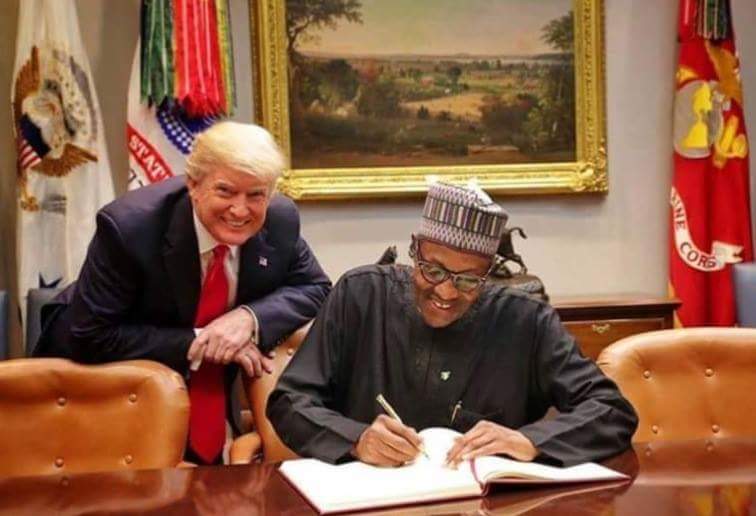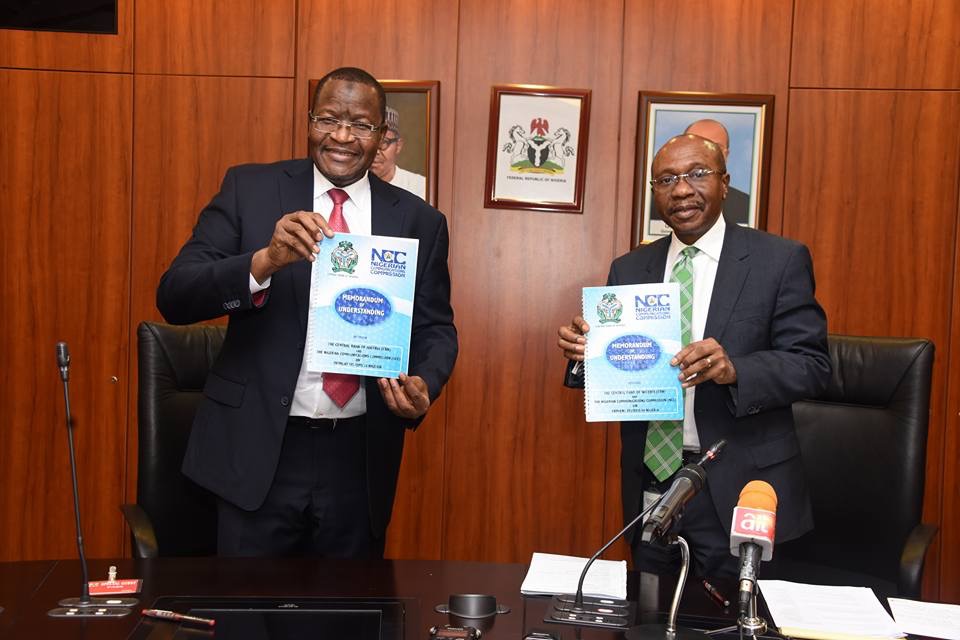Just as an analytical comparison study conducted by a professor of Economics at the University of Ibadan (UI) and the Chairman, Centre for Trade and Development Initiatives (CTDI), Bodija, Ibadan, Ademola Oyejide, has concluded that Nigeria would be a bigger loser in the African Continental Free Trade Area Agreement (AfCFTA), the African Export-Import Bank (Afreximbank) report says Nigeria stands to gain big after all.
However, the bank’s report agreed that trade barriers should be removed while promotion of technology-intensive manufactured goods need to come on stream for Nigeria to gain impacts.
Oyejide, who presented his report during the Annual General Meeting of the Manufacturers Association of Nigeria (MAN), Lagos Branch, averred that South Africa stands better chances of gaining from the scheme based on its strong manufacturing base and salutary business environment provided by the government over the years.
Dwelling on his lead topic: ‘African Continental Free Trade Area Agreement: Impact on the Nigerian Manufacturing Sector’, the UI don drew a comparison between the results of the AfCFTA-induced changes in the real income, tariff, revenues and terms of trade in South Africa and Nigeria.
According to him, “While the changes in real income of South Africa would be 0.7 per cent, Nigeria would be -0.4 per cent; for tariff on revenues, South Africa would have 5.9 per cent while Nigeria would have -16.7 per cent; in terms of trade, South Africa would record 1.2 per cent while Nigeria would see a change of -0.2 per cent”.
Oyejide also analysed the result of AfCFTA-induced changes in real wages and observed that in unskilled real wages in Agriculture, South Africa would have 0.93 per cent; Nigeria, – 0.54 per cent; unskilled real wages in non-agriculture, South Africa, 0.56, Nigeria, 0.12; skilled real wages, South Africa, 0.80 per cent, Nigeria, 0.42 per cent.
The don further aligned the results to the differences in the features of the two economies. For instance, he said Nigeria was more protectionist in its trade policy than South Africa. And in order to achieve the post-AfCFTA target, the country would have to reduce its tariff and this in turn would put a downward pressure on the economy.
He argued that Nigeria’s import-export exposure structure was not the same as that of South Africa, adding that South Africa’s import and export structure was better diversified than that of Nigeria that was heavily dependent on imported food products, in spite of its heavy protection of the agricultural sector.
While stressing that import bans and tariffs were routinely used by Nigeria to manage this external dependency, Oyejide noted that any AfCFTA-induced tariff change could destabilise this delicate management process.
To him, “South Africa does not face this difficult challenge. Nigeria’s export structure is dominated in a near absolute sense, by the oil and gas sector. The periodic swings in crude oil prices have constituted major triggers for the oscillating growth and decline of the Nigerian economy.
“By comparison, South Africa’s trade in industrial products is dominated by intra-industry trade in similar products, which tends to exhibit much less swings in price changes. As a result, AfCFTA-induced changes are much less likely to challenge the growth trajectory of the economy of South Africa.”
He therefore recommended that the negotiation mandate should include phasing the liberalisation process, offensive agenda, defensive agenda and balance of concessions.
On the new trade report by Afreximbank; titled ‘Boosting intra-African trade: Implications of the African Continental Free Trade Area Agreement’ unveiled by the bank, the bank averred that African economies are projected to grow by 4.1 per cent this year.
Launched by South African President, Cyril Ramaphosa, Amb. Albert M Muchanga, the Commissioner for Trade and Industry of the African Union Commission, and Dr Benedict Oramah, President of Afreximbank, during the bank’s anniversary celebrations, recently, the report states that the implementation of the African Continental Free Trade Area (AfCFTA) Agreement will create opportunities for intra-African market access and significantly increase trade flows within the developing continent.









